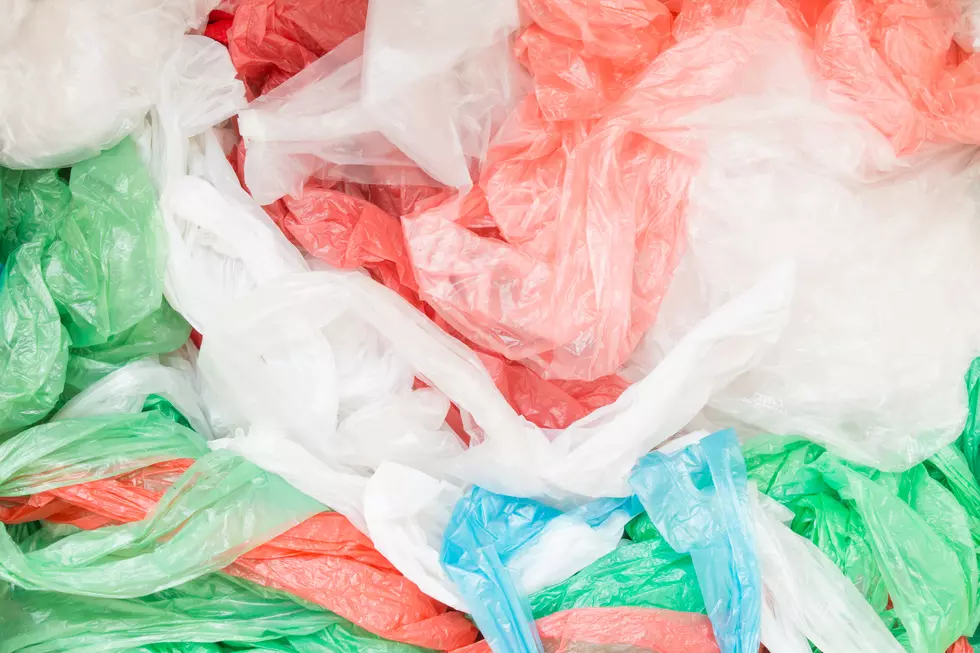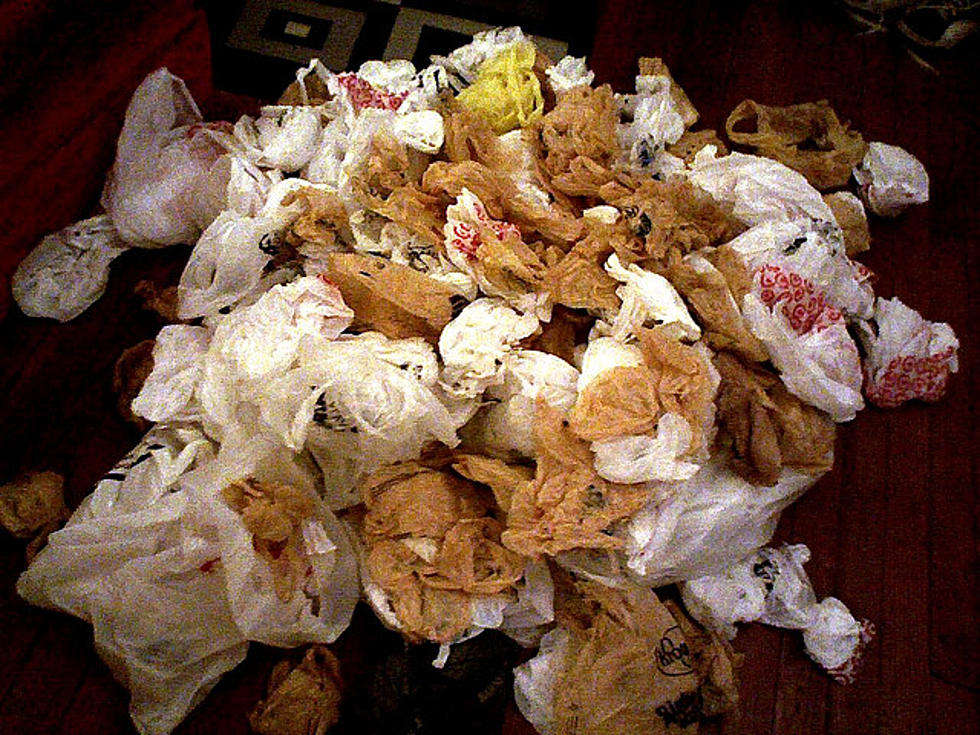
Ban advances on plastic bags, Styrofoam in NJ – paper bags, too
Plastic straws would survive, though they’d only be provided by restaurants upon request. Paper bags would disappear from retailers along with plastic ones. And supermarkets would be required for a few months to give out reusable bags for free.
Those changes were the key ones made Thursday to long-dormant legislation taking on single-use plastics that is getting revived in the lame-duck legislative session. A Senate committee endorsed it Thursday, and as Assembly one is scheduled to do the same on Monday.
Sen. Bob Smith, D-Middlesex, called the bill, S2776/A4330, “the strongest plastics legislation in the United States of America.” He said it’s necessary to respond to an environmental and public health crisis that has microplastics accumulating in fish that are then consumed by people.
“They are in our bodies now,” Smith said. “If we took you apart, and I don’t want to dissect anybody in the audience, we’d find plenty of plastic particles in you.”
The ban on paper and plastic bags would take effect in a year. An earlier version of the bill had envisioned a 10-cent fee for paper bags. Abigail Sztein, director of government affairs for the American Forest and Paper Association, said paper bags get recycled.
“We believe that this bill unfairly targets paper products, implying that they are part of the environmental problem, rather than a possible solution,” Sztein said.
Advocates for the bill such as Maura Toomey, a program coordinator for Clean Water Action, say recycling can’t solve the problem.
“It’s not about the material, it’s not about whether it’s plastic or paper or Styrofoam,” Toomey said. “The issue is about behavior change and reuse.”
The bill would also ban polystyrene cups and food containers beginning two years after the bill is enacted. It would create an advisory council that would consider appeals and decide whether some Styrofoam products should be allowed because there aren’t viable alternatives.
Dennis Hart, executive director of the Chemistry Council of New Jersey, said that the study should happen first, rather than after a ban from which the industry wouldn’t recover.
“You will not be able to go to the store and buy a package of Cup of Noodles. It’s banned in this bill,” Hart said. “New Jersey residents will have to get it from Amazon or go over the bridge and smuggle it back from Morrisville.”

The bill now requires supermarkets to issue free reusable bags to customers for the first two months after paper and plastic bags are banned.
Michael DeLoreto, an attorney at Gibbons PC speaking on the behalf of New Jersey Food Council, said the type of bag that meets the bill’s standards costs $1 apiece. One retailer with around 30 stores says the mandate would cost it over $20 million.
“When you compare that to the cost of plastic bags, which is about $128,000 a month, it would take the retailer 8.3 years to recoup their costs,” DeLoreto said.
He said there’s an option costing 10 cents a bag that’s deemed OK in other states and cities that have banned plastic bags.
New Jersey: Decoded cuts through the cruft and gets to what matters in New Jersey news and politics. Follow on Facebook and Twitter.
Michael Symons is State House bureau chief for New Jersey 101.5 and the editor of New Jersey: Decoded. Follow @NJDecoded on Twitter and Facebook. Contact him at michael.symons@townsquaremedia.com
More From Rock 104.1








